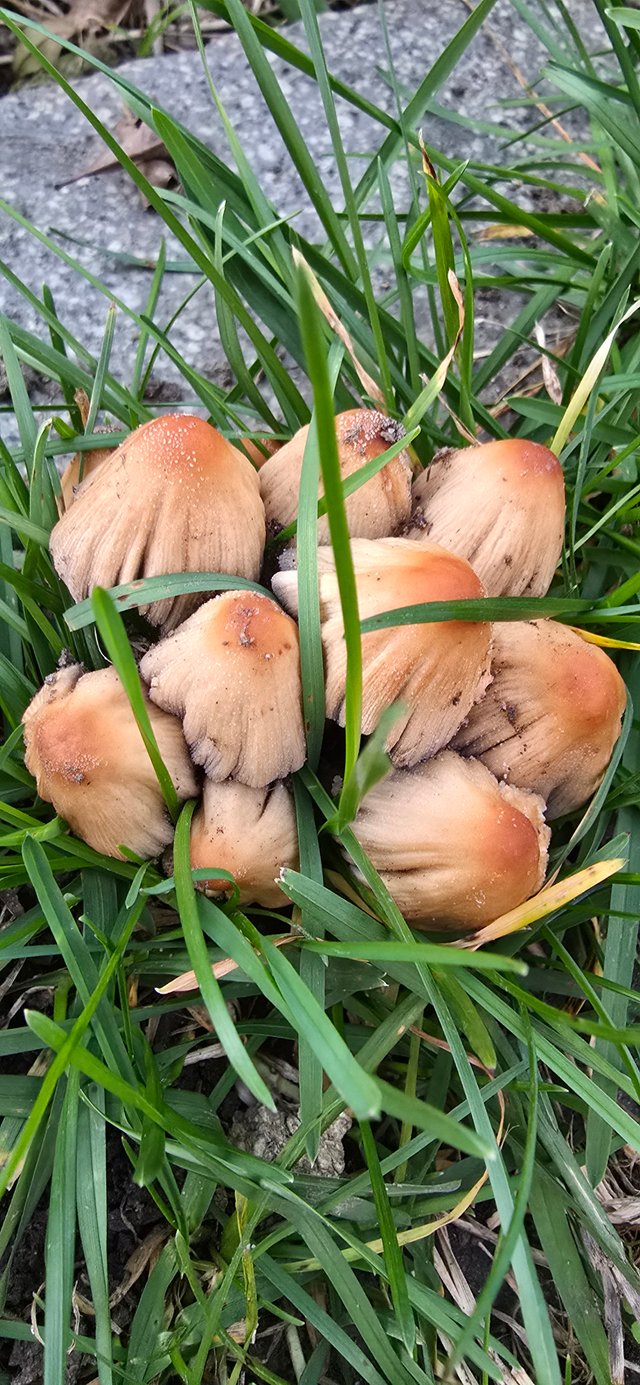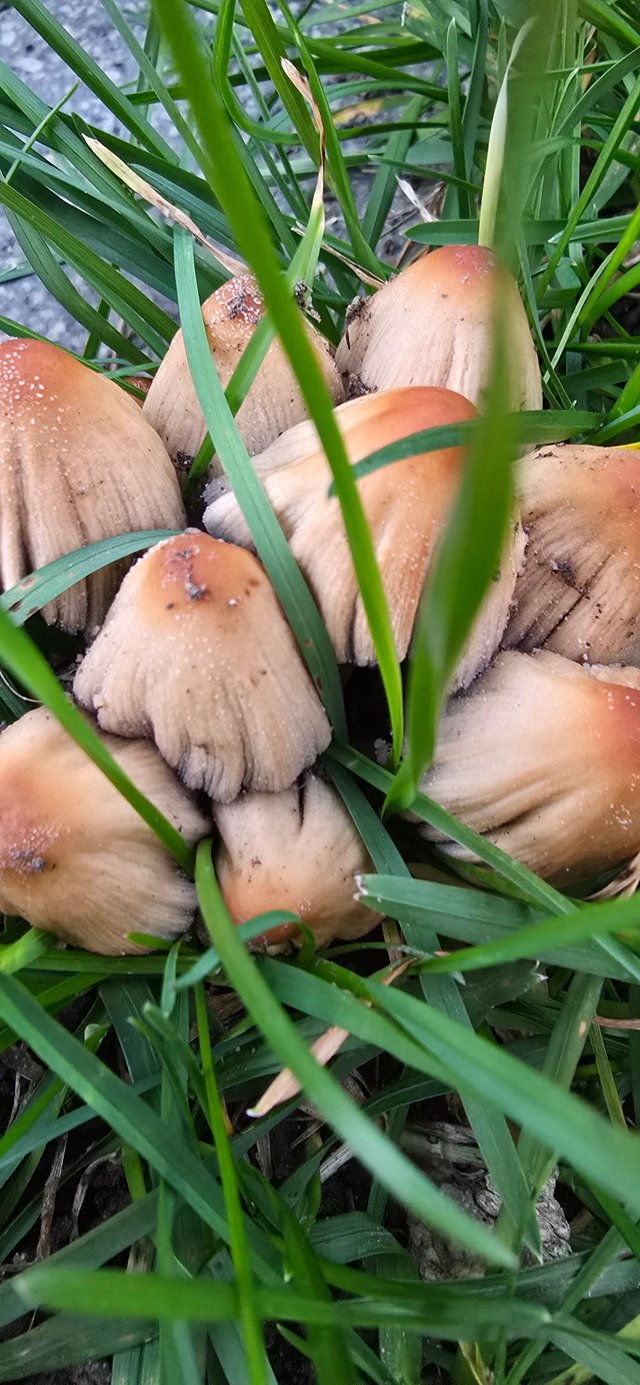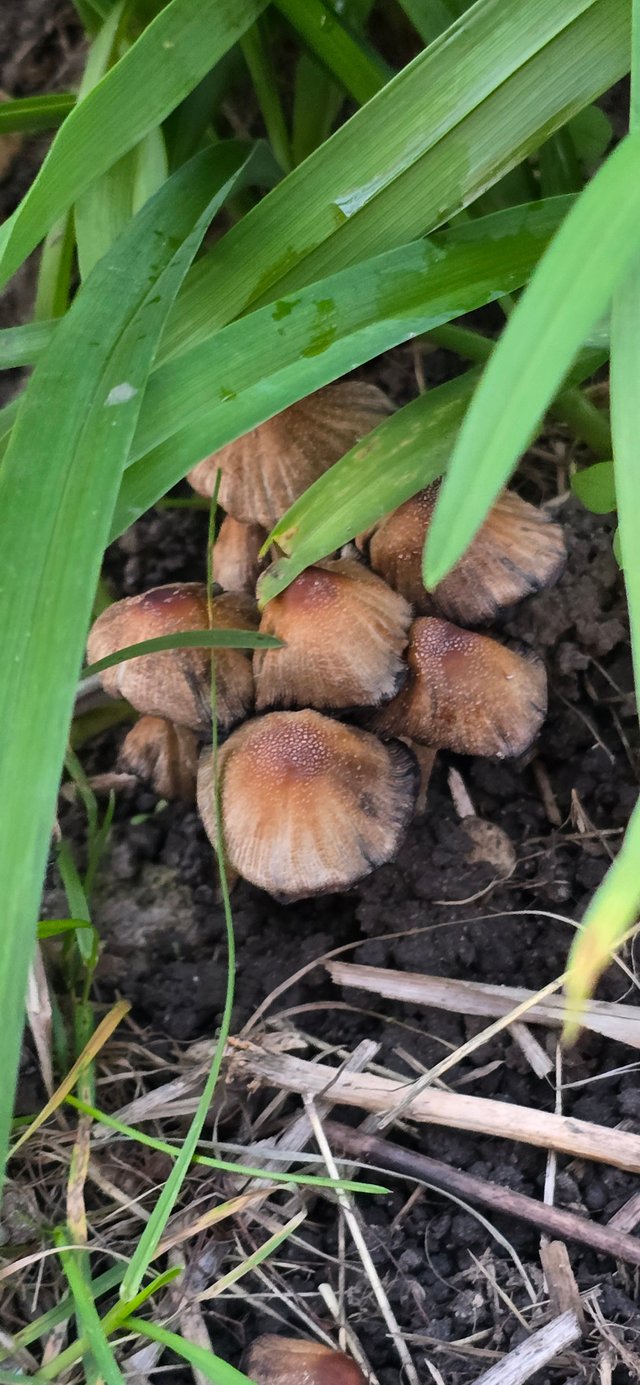Mushrooms are unique fungi that have fascinated humans for centuries with their diverse forms, colors, and ecological roles. Unlike plants, mushrooms lack chlorophyll and obtain nutrients by breaking down organic matter, often thriving in dark, damp places like forest floors. Their unique structures consist of a stem, cap, and gills, with spores under the cap that enable reproduction.

Mushrooms play crucial ecological roles, particularly in nutrient cycling. Many species act as decomposers, breaking down organic material and releasing nutrients back into the soil, which supports plant growth. Some mushrooms form symbiotic relationships with trees, known as mycorrhiza, where they exchange nutrients to benefit both the tree and the fungus.

Culturally, mushrooms have significant importance worldwide. Edible varieties, like button and shiitake mushrooms, are celebrated for their flavor and nutritional benefits, including high protein, vitamins, and antioxidants. Other varieties, however, are toxic and can be deadly if ingested, highlighting the importance of proper identification. In recent years, mushrooms have gained attention for their potential medicinal properties and environmental applications, such as mycoremediation, where fungi help break down pollutants. Overall, mushrooms are a fascinating, ecologically essential group of organisms with an intriguing blend of benefits and risks.
